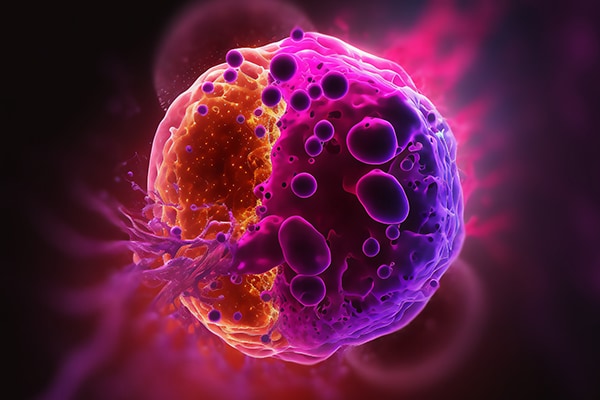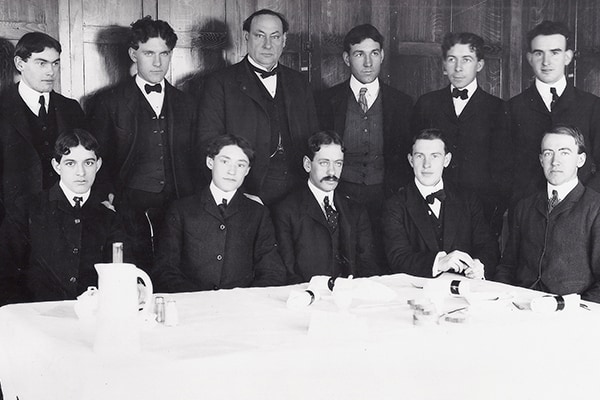The ultimate aim in central nervous system drug discovery is to accurately predict the drug’s effects on the human brain. As there is no ethical way to take samples from a human brain it can be difficult to know how much of the drug is reaching its target and if it is having the desired effect.
Join Elizabeth de Lange of the Leiden Academic Center for Drug Research in this free interactive broadcast as she presents the development of a comprehensive CNS physiologically-based pharmacokinetic (PBPK) model that adequately predict CNS drug concentrations at multiple locations in the human brain, and a pharmacokinetic-pharmacodynamic (PKPD) model that predicts the PKPD relationship of a CNS drug in humans.
What You Will Learn
- Why experiments using animals should include time-resolution and measurement that reflect different processes within one single animal, such that inter-relationships can be revealed by mathematical modelling
- How to distinguish between drug and system properties for being able to translate between species and/or conditions
- Why information from animals should be stored in mathematical models
Co-producers
The Fine Print
ACS Webinars® does not endorse any products or services. The views expressed in this presentation are those of the presenters and do not necessarily reflect the views or policies of the American Chemical Society.













